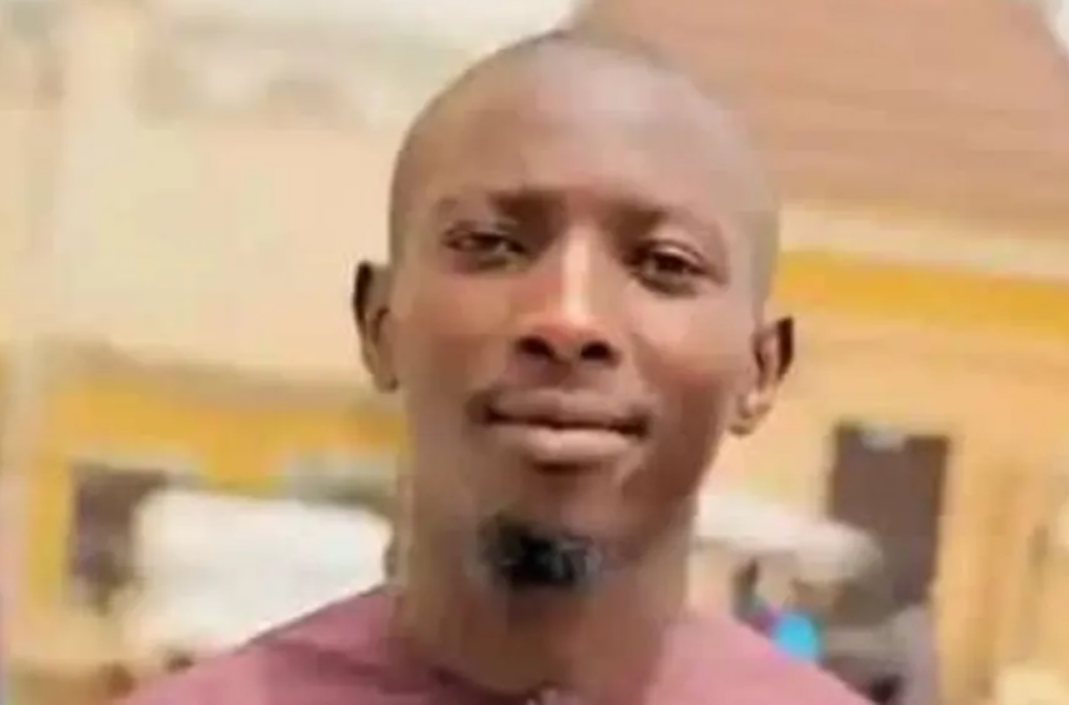Tailor Killed in Protests in Kaduna, Nigeria: Justice Seeked
After accusing the police of killing 24-year-old tailor Abubakar Adam Abdullahi amid nationwide riots in Kaduna, a city in northern Nigeria, his family is ardently seeking justice. Many people around the nation were hit hard by the increasing cost of living, which led to the sudden eruption of these demonstrations.
Refutation and Conflicting Allegations by Police
No one in charge of the police force in the area has admitted guilt in relation to Abubakar’s murder. A spokesman for the Kaduna state governor made a similar assertion, stating that no one had died as a result of the demonstrations. But Amnesty International says that three people have died in Kaduna alone as a result of the protests, thus they reject this claim.
A Call for Justice from the Family
Ismail, Abubakar’s brother, recounted the horrific incident in an interview with the BBC. Ismail states that on Thursday, police shot Abubakar in the chest; he passed away at Yusuf Dantsoho Hospital. With the words “all we want is justice for our brother,” Ismail conveyed the pain and resolve of his family.
Protests Gain Steam and the Government’s Reaction
At least seven people have been killed and 700 have been arrested in the five days since the protests started, according to police reports. One of the demonstration organizers has also been arrested by elite police. Thousands of Nigerians have joined the protests despite President Bola Tinubu’s warnings. They are prompted by concerns over the rising cost of living and are inspired by the successful rallies of young Kenyans, who were able to secure considerable concessions from the government.
A Biography of Abubakar and His Goals
Living with his parents in Kaduna, Abubakar had lofty aspirations for his future, both professionally and personally. He was the youngest of fourteen children. His dream of starting a family was getting more and more out of reach as a result of the ever-increasing cost of living. With food, rent, and material costs skyrocketing due to the economic crisis, his tailoring business took a major hit. The supplies he used in his work as a tailor—including food—had all gone up in price, and he also had to pay more rent. “This economic crisis is affecting everyone,” Ismail said.
An Unfortunate Event
As he and other young guys tried to flee from the police, video footage shot at the moment of Abubakar’s death shows him standing with them. They were reportedly close to Governor Uba Sani’s office in Kaduna. Feeling exhausted, Abubakar made the decision to return home. Protesters were allegedly shot by police moments afterwards. Friends yelling “officer stop” and “they shot him” in Hausa can be heard in the footage as Abubakar falls to the ground.
Disbelief and Inquiry from Family Members
Ismail described the shock he felt when called to the hospital following Abubakar’s shooting. After praising his brother for his kindness, compassion, and work ethic, Ismail found it difficult to fathom how this catastrophe could happen. He went on to say that he had seen footage of Abubakar sitting calmly and chatting with friends during the demonstration, which proved that the politician was not acting inappropriately. “It was shocking when we got a call to come to the hospital after he was shot because we know he wasn’t violent,” Ismail told the British broadcaster.
Responses from Officials and Requests for Investigation
The governor of Kaduna state’s spokesman, Mohammed Lawal Shehu, said that the authorities’ refusal to recognize any casualties during the demonstrations was due to police reports that denied the existence of any deaths. “According to the police there wasn’t any death from the protests and we rely on them for information,” according to him.
Amnesty International, on the other hand, has demanded a probe into the 23 protester killings across the country, three of which have been recorded in Kaduna. The organization’s demand highlights the critical importance of being open and held accountable in relation to the claims of police abuse.
A Devotion to Justice within the Family
According to Ismail, the family will not rest until they find out what happened to Abubakar. He and his friends headed out to the protest in good spirits. Ismail claimed that Abubakar was worried about the country’s situation, demonstrating his commitment to improving life in Nigeria for everyone.
The appeal for justice from Abubakar’s family and human rights groups for an investigation into his death and the wider problem of police brutality during nonviolent protests is ongoing. To address the complaints of the Nigerian people and prevent such disasters from happening again, it is essential to seek accountability and implement reform.


















